Lao Zhou was very keen on researching health preservation after retirement, but he used Chinese herbal medicine to keep healthy, and he was found to have liver damage in half a year.
Lao Zhou was diagnosed with a diffuse liver mass during a recent physical examination, which was initially suspected to be a tumor. After further examination, it was found that it was not a malignant tumor.
“Do you usually take medicine?” The doctor asked Lao Zhou. Lao Zhou said that he used some Chinese herbal medicines six months ago, which contained “panax notoginseng and cassia seeds”.
The doctor let out a long sigh. According to the magnetic resonance imaging, it is likely that the injury of the hepatic venules caused by the drug was manifested as a diffuse liver mass, so the herbal medicines must be stopped.
Traditional Chinese medicine, some people think that it is a natural herb, not harmful, and some people do not want to take a bite. In recent years, Chinese medicine poisoning, liver injury, kidney injury and other safety issues have occurred from time to time.
Traditional Chinese medicine is not as safe as imagined. The 2020 edition of the Chinese Pharmacopoeia classifies 83 potentially toxic Chinese herbal medicines, including 10 types of highly toxic drugs.
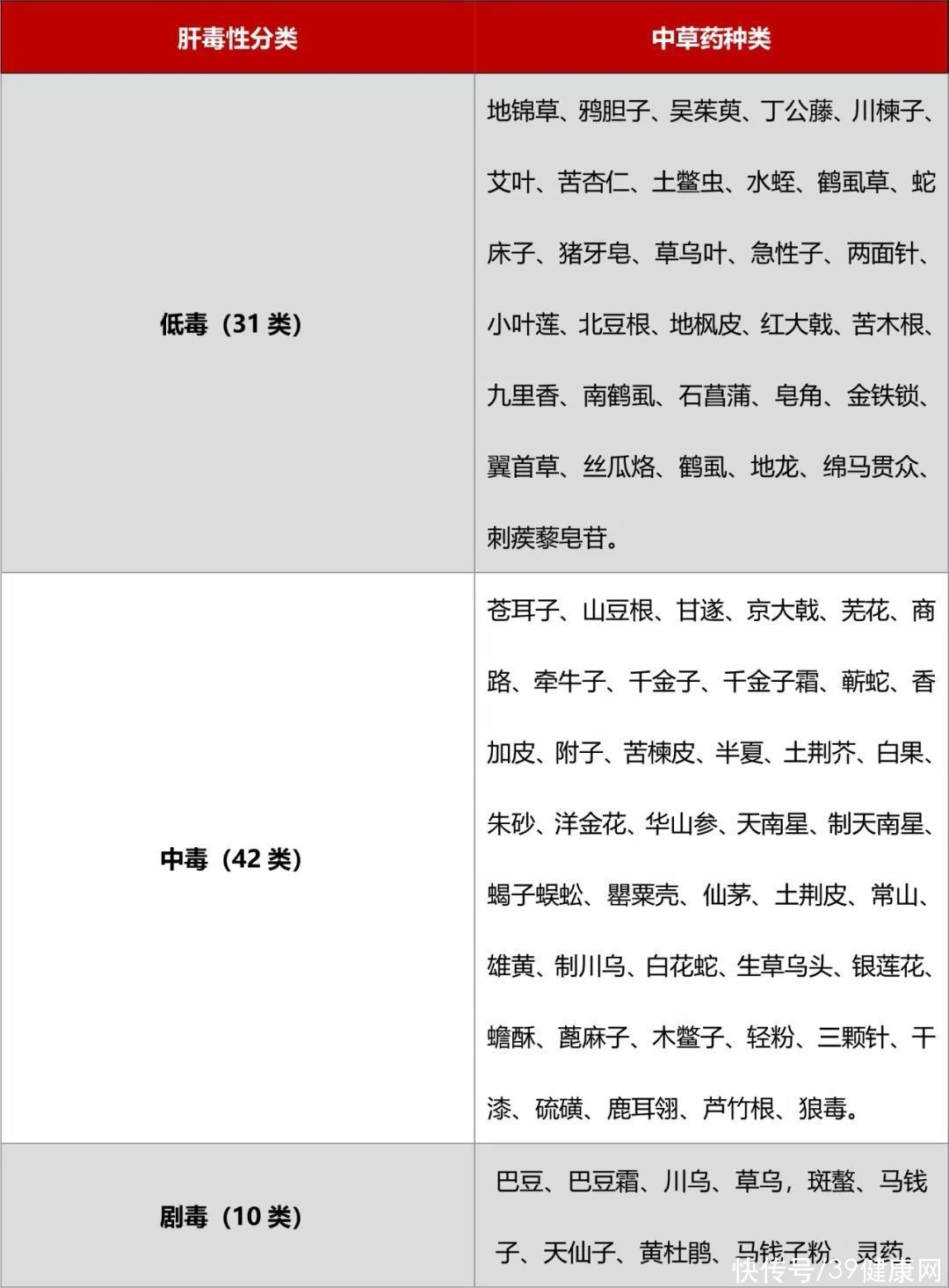
Image source: medical field
I. Three kinds of traditional Chinese medicines are nephrotoxic It is also carcinogenic and has been banned by the “National Pharmacopoeia”
The carcinogenicity of aristolochic acid has been recognized. In a paper published in the “Science”, they provided direct evidence that aristolochic acid causes liver cancer. The researchers also believe that the toxicity of aristolochic acid can be compared with that of the first-class carcinogen aflatoxin.
In 2002, the World Health Organization listed Chinese herbal medicines made from Aristolochia as a Class 1 carcinogen, and listed drugs mixed with aristolochic acids as a class 1 carcinogen. Class 2A carcinogens.
There are many kinds of Chinese herbal medicines containing aristolochic acid. Since 2003, the State Food and Drug Administration of China has successively cancelled them Guanmutong, Guangfangji, and Qingmuxiangthe three herbs were banned in 2005. The Food and Drug Administration also stipulates that aristolochia, bone-seeking wind, angelica and cinnabar lotus should be managed according to prescription drugs.
Aristolochic acid is very toxic. Animal experiments show that even a small dose can quickly damage kidney function. Once exposed, the gene mutation that occurs is irreversible. . There is no need to make a fuss when some people say, “it’s a medicine with three parts poison”, but this sentence does not apply to aristolochic acid drugs.
The drug may only be used in humans if the therapeutic benefits outweigh the harms. For the time being, there is no evidence that aristolochic acid has real clinical efficacy, so it is necessary not to touch it. For proprietary Chinese medicines containing aristolochic acid, it is best to carefully screen them before use.
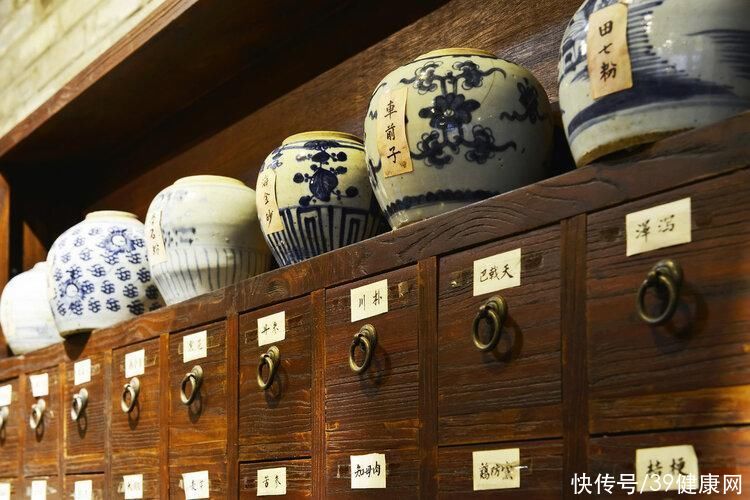
Second, are Chinese medicines toxic and carcinogenic? Why did the ancestors use it for thousands of years without any problems?
With regard to the toxicity of traditional Chinese medicine, some Chinese medicine practitioners believe that traditional Chinese medicine attaches great importance to processing and compatibility to reduce the toxicity of traditional Chinese medicine. In fact, there are many factors that affect the toxicity of Chinese herbal medicines: such as the inherent toxicity of Chinese herbal medicines, unclear varieties, wrong processing, wrong storage, adulteration with other substances (heavy metals), etc. .
For example, “Guan Mutong” is used as “Mutong”. High content, indiscriminate use, environmental pollution allows some Chinese herbal medicines to absorb heavy metals in the soil, or illegal traders add inedible dyes to herbal medicines in order to sell for a good price.
Andmost Chinese medicines in my country are under the management of over-the-counter drugs, easy to buy, and easy to take without authorization. For non-professionals, they cannot distinguish the toxicity and dosage of drugs, so whether it is Chinese herbal medicine or Western medicine, they should be rationally used under the guidance of doctors and pharmacists.
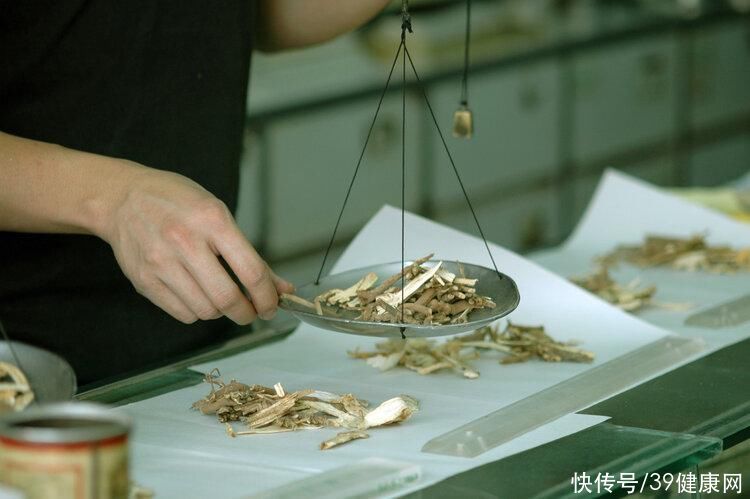
Then why did the ancestors use it for thousands of years and nothing happened?
In this regard, Pineapple Factor once explained that both traditional experience and modern medicine are correct. It seems contradictory, but the reason is very simple, people in the past did not live very long, disease or cancer, it often takes a long time from the incubation period to the onset period The accumulation of time, and the lifespan of the ancestors is likely to have died prematurely before the disease.
In addition, the actual situation may not be that the ancestors are “all right”, just have something but don’t know , after all, medical methods were underdeveloped at that time. And in 1964, Chinese scholar Wu Hansong reported two cases of renal failure caused by taking Guanmutong, but unfortunately it did not get enough attention.
Actually, research on the safety of traditional Chinese medicine is precisely for better inheritance. Raising awareness of the toxicity of traditional Chinese medicines is not for total negation. If you want health and longevity, you still have to believe in modern science, treat traditional Chinese medicine, take its essence and get rid of its dross.

Third, take Chinese medicine safely, pay attention to 4 points
Chinese medicine has been passed down for thousands of years, and its existence does not have its meaning. Traditional Chinese medicine is not “poison”, but it pays attention to the correct way of eating.
1, understand the ingredients and risks
Before taking traditional Chinese medicine, be sure to read it carefully Drug instructions, or ask the doctor about the drug properties, and fully understand the risks of drug use.
2, Chinese medicine is not a health product
Chinese medicine is not a health product and cannot be taken on its own for a long time . Even health supplements, such as milk thistle, can protect the liver, but if the dose is too large, or the additives are not suitable, it may cause liver damage.
Therefore, it is necessary to realize that traditional Chinese medicine and health products have the risk of liver toxicity and should not be abused.
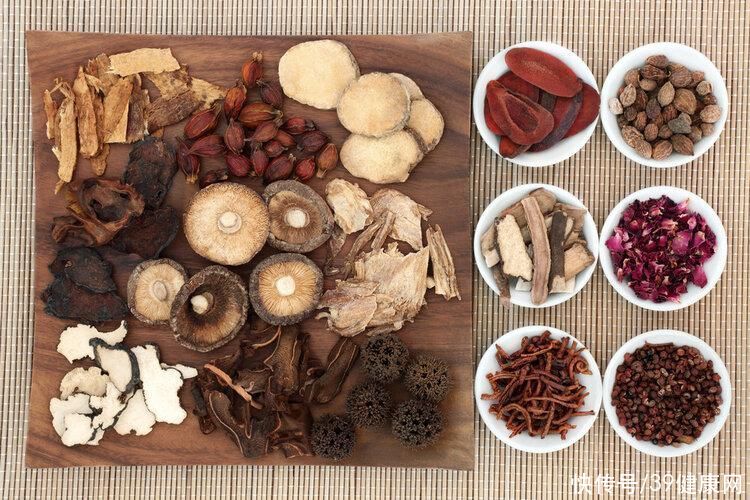
3, ensure the channel is regular< /p>
The toxicity of traditional Chinese medicine can be reflected in insufficient processing, or metal, pesticide residues, etc. Therefore, the medicinal materials sold by small vendors have no quality inspection guarantee, try not to buy them.
4, don’t rush for success
Many patients believe that increasing the dose, can be adjusted faster. But in the matter of taking medicine, it is taboo to increase the amount without authorization. Taking a large amount of traditional Chinese medicine will not only break the absorption balance of the body, but also may cause chronic poisoning. Therefore, the daily dosage should be strictly followed by the doctor’s advice and not rush for success.
Traditional Chinese medicine is a cultural treasure of the Chinese nation, but if it is used incorrectly, it will endanger itself. If you want medicine to cure the disease, you must follow professional guidance, use medicines rationally, and live a healthy life.
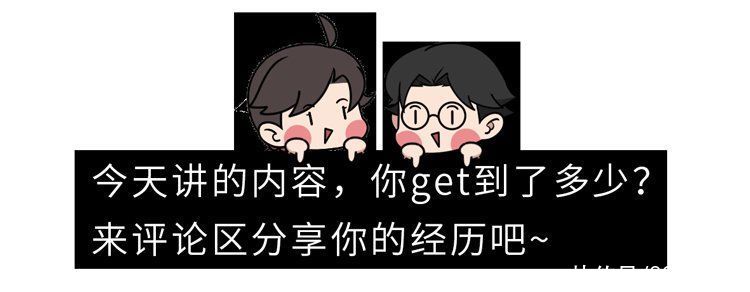
References:
[1] “Warning! 83 kinds of Chinese herbs can cause liver damage, including the commonly used Polygonum multiflorum and rhubarb! “. Cardiovascular Channel of the Medical Community. 2020-09-23
[2] “Carcinogenic Chinese medicine, why did the ancestors use it for thousands of years? 》 Pineapple Factor 2017-07-19
[3] “Does Traditional Chinese Medicine Really “Injury the Liver”? Everyone who takes traditional Chinese medicine should pay attention to these 4 points”. Life Times. 2019-08-23
[4] “It is a three-point poison, why some drugs have acceptable side effects, horses The sour bell is not enough? | Verification Methodology”. National Verification – Tencent News. 2017-10-31
Reprinting is prohibited without the author’s permission